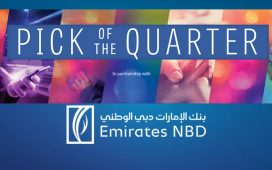The number of online courses offered by educational and training institutions is on the rise in order to cater to the increasing demand for communications professionals in the UAE, due to the upcoming Dubai EXPO 2020. Amid this surge, the accreditation of a career enhancement qualification is of utmost importance, advises Reem Masswadeh, head of communications at the PR Academy MENA.
After the recent launch of the PR Academy MENA in Dubai, which offers qualifications accredited by the Chartered Institute of Public Relations (CIPR) and delivered in partnership with PR Academy Ltd in the UK, the communications expert has stressed the need to educate industry peers about the accreditation of









